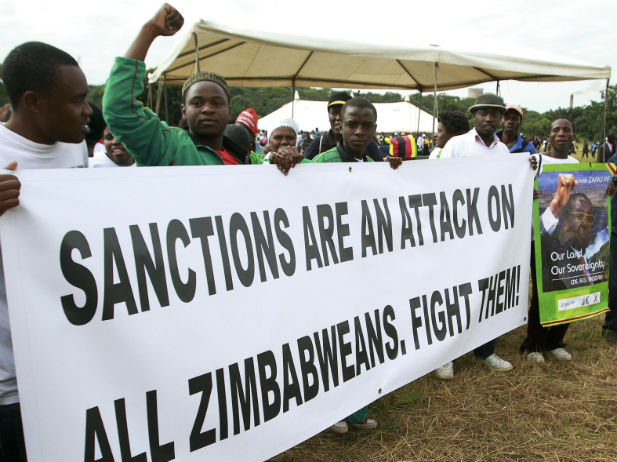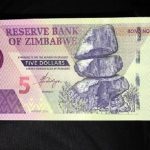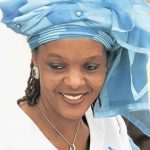He said the “unlawful” restrictions on multilateral financing and business dealings with US companies had hurt the strategic economic sectors of Zimbabwe and erected barriers to innovation, investment and growth.
SADC had voiced the same concerns before, only that this time the dispatch after the 39th SADC Summit of Heads of State and Government held in Dar es Salaam was immediately endorsed by the AU.
Moussa Faki, the chairperson of the AU Commission said President Emerson Mnangangwa’s efforts to revive the economy could amount to nought if the country was blocked from accessing global markets.
“Economic sanctions imposed by the international community, continue to have negative impact on the economy and the people of Zimbabwe,” Ebba Kalondo, Faki’s spokesperson said, pledging that AU organs would continue to mobilise support for the country’s recovery efforts.
Zimbabwe, which changed presidents for the first time in 2017 following the ouster of Robert Mugabe, has been under sanctions since 2001 when the US and the EU to push Zimbabwe to improve its human rights record and open up the democratic space.
The sanctions also aimed to force key government and political leaders to initiate actions that would see the return of farms seized or expropriated by Mugabe’s regime.
“None of these have been achieved, except for recent elections, which many still considered to be off the mark,” said Mustafa Ali, chairman of the HORN International Institute for Strategic Studies in Nairobi, referring to the August 2018 election, which Mnangagwa won.
Ali argued that countries like Zimbabwe could in fact attract US rivals like China and Russia.
In 2001, the US enacted a law that restricted its companies from doing business with Harare. US executives and multilateral lenders such as the World Bank and IMF were barred from voting for any financial package for Zimbabwe.
The sanctions were tightened the following year when Mugabe won a controversial presidential election against opposition leader Morgan Tsvangirai.
The EU, Canada, Australia and New Zealand cited alleged electoral fraud and human rights violations when they imposed wide ranging sanctions against Mugabe’s regime.
A list of individuals that included Mugabe and his family were barred from visiting western countries and their assets abroad were frozen.
Harare, however, insisted that it was being punished for seizing productive commercial farms from white farmers, for redistribution to landless black Zimbabweans.
Continued next page
(257 VIEWS)


